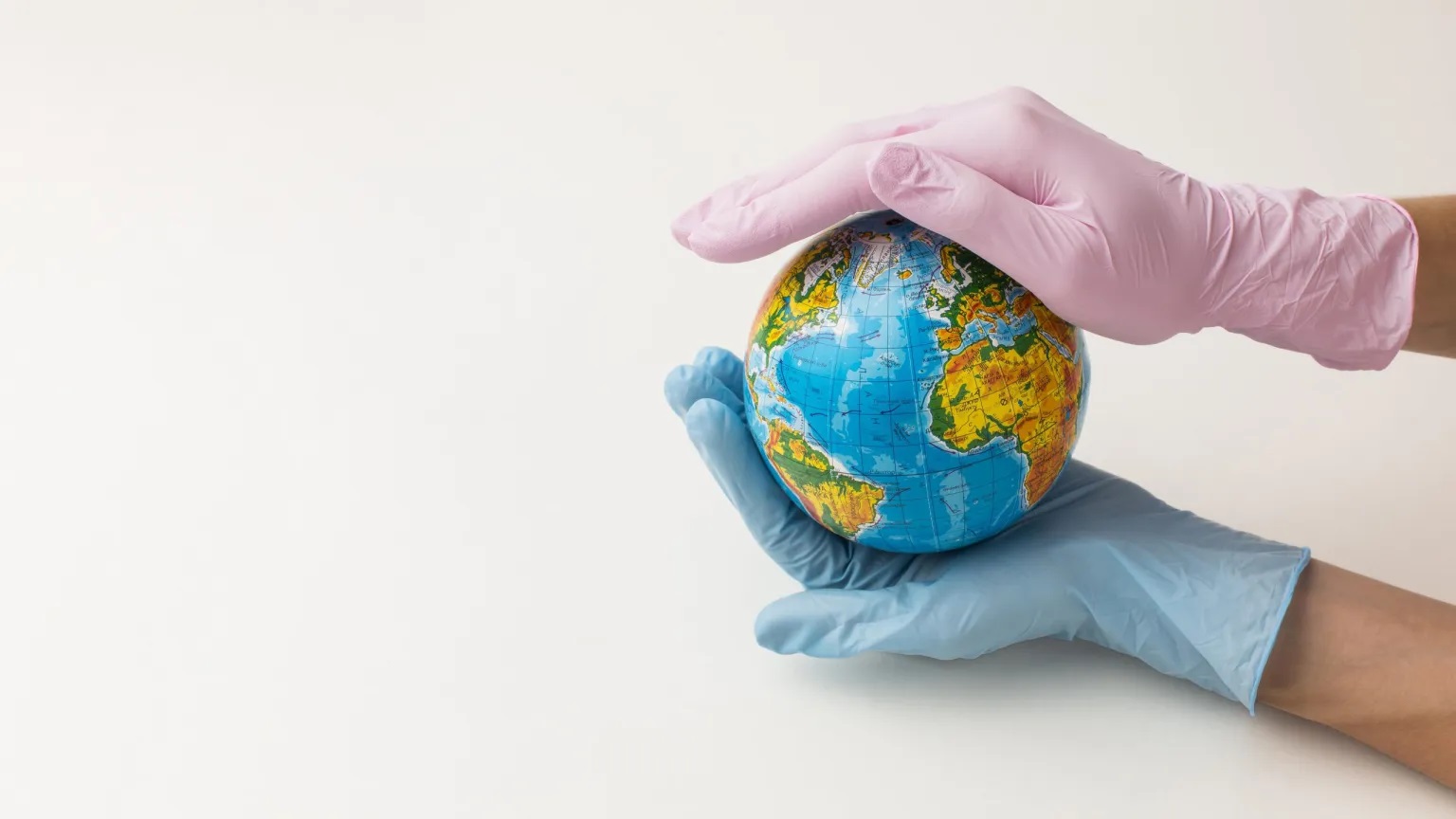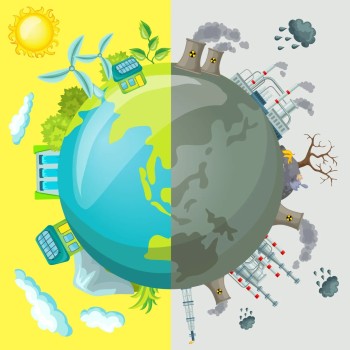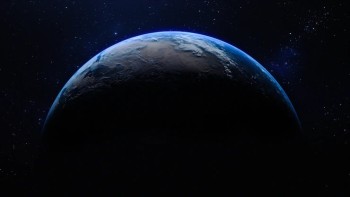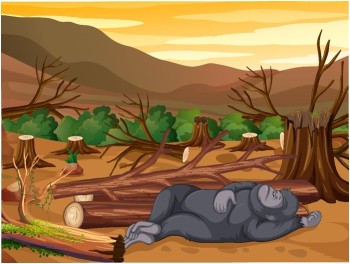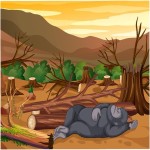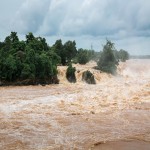What Does Earth (Nature) Give Us?
There is no doubt that the Earth has always been a supportive planet. Everything humans need in order to survive and thrive is provided by the environment: food, water, medicine, shelter, and even natural cycles, such as climate and nutrients. Scientists have referred to such gifts as ‘ecosystem services, yet the recognition of such services goes back thousands of years, and perhaps even more if one accepts drawings in Lascaux caves as evidence. However, we have become so alienated from nature that it is easy — and often easy — for us to forget that nature is constantly giving away, as it is slowly disappearing. The advancement of technology and industry may distance us from nature, but it has not changed our reliance on the natural world: much of what we consume and eat on a daily basis is still the product of much interaction between nature, and much of that interaction is threatened. In addition to these material goods, the natural world offers gifts that are less tangible, but equally important, in terms of beauty, art, and spirituality.

Earth Day looks like a day to remind ourselves of what nature gives us for free. Here is a special sample of the importance of nature in our lives:
- Fresh water: There is nothing physical that humans need more than pure water: without water we can only live a few days of hell. Although pollution and overuse have threatened many of the world’s drinking water sources, nature has an old, at least, solution to pollution. The natural water system — wetlands, and forests — naturally cleans the water and pollutants from water. Soils, microorganisms, and plant roots all play a role in filtering and reusing waste at a much cheaper price than building a water filtration industry.
- Pollination: Imagine trying to pollinate every fruit from the orchard; this is what nature does for us. Insects, birds, and even other mammals, pollinate the earth’s vegetation, including much of human agriculture. About 80 percent of the world’s plants need a different kind of pollinator. In agriculture, pollinators are needed in everything from tomatoes to cork, and almonds to buckwheat, among hundreds of other crops. Globally, pollen transport in agriculture is estimated at $ 216 billion a year. However such large amounts of money do not include pollen from edible plants, biofuels, ornamental flowers, or the high pollen value of wild plants.
- Medicine: Nature is our greatest medicine cabinet: so far it has provided mankind with countless life-saving drugs from quinine to aspirin, and from morphine to many cancer and HIV drugs. Undoubtedly, more important medicines — perhaps even miraculous cures — were not used in the natural world. In fact, researchers estimate that less than 1% of the world’s known species have been fully screened for their medicinal value. However, the ecosystems that have produced some of the world’s most important and promising drugs — such as rain forests, wetlands, and coral reefs — are also among the most endangered. Preserving the environment and biodiversity today may benefit, or even save, millions of lives in the future.
- Climate control: The natural environment helps to control the Earth’s climate. Ecosystems such as rain forests, peatlands, and mangroves store valuable amounts of carbon, while the oceans absorb large amounts of carbon through phytoplankton. Although controlling greenhouse gases is important in the face of climate change, new research suggests that the earth’s environment may also play a role in climate change. Recent research has found that the Amazon rain forest acts as its ‘bioreactor’, producing clouds and rain in abundance of plant material in the forest.
- Spirituality: Although some of nature’s provisions are limited, much of what nature offers is beyond measure. Economic estimates are useful; but like most happening in the world, economics cannot simply take on real value. Science is also a useful indicator of the value of nature, but it is also incapable of measuring what nature means — in reality and in beauty — to the individual.
Perhaps the most difficult gift of nature is to measure its deepest connection with human spirituality. In many religions of the world, the natural world is justly esteemed. In Christianity, an earthly paradise existed in the garden, while Noah, the original conservationist, was commanded by God to save all kinds of animals. Buddhists believe that every living thing — from the smallest fly to the evergreen whale — is holy and worthy of compassion. To Hindus every part of the natural world is endowed with divinity. Muslims believe that the natural world was created by Allah and was given to man only as a gift that should be kept in trust. Indigenous cultures around the world celebrate the natural world as their ‘mother’.
But one does not need to have faith to understand the natural significance of the human spirit: you only need to spend time alone in the shade of the forest, sit on a forgotten shore, touch the back of a live frog, or watch a moon move behind a mountain. silhouettes.

Group Members:
Gayatri Suryavanshi
Aishwarya Patil
Jayesh Arvind Kale
Raja Kurmi
Shivesh Ojha
